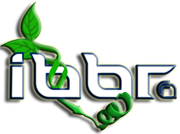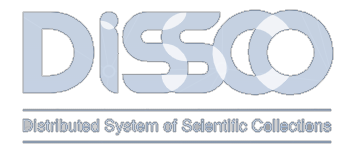Medicago truncatula mutant collections
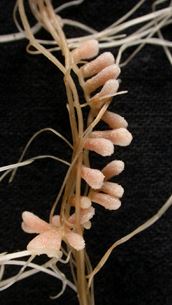
Nodules of M. truncatula
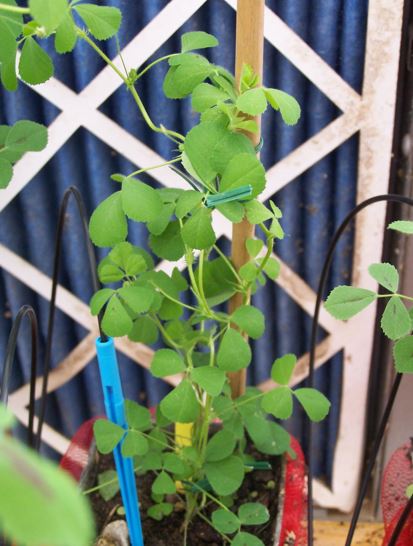
Medicago truncatula wild type plant
Two collections were created at CNR IBBR Perugia, one based on transposon-tagging (approx. 2000 R0 plants) and one based on EMS mutagenesis (approx. 2400 plants), in collaboration with CRA FLC Lodi, Italy. Several mutants were isolated by both forward and reverse genetics analysis. In particular TILLING analysis on the EMS collection can be performed at Parco Tecnologico Padano, Lodi, Italy.
For more details please contact:
Dr Ornella Calderini, CNR IBBR, Perugia, Italy ornella.calderini@ibbr.cnr.it
Dr Carla Scotti, CRA FLC Lodi, Italy carla.scotti@entecra.it
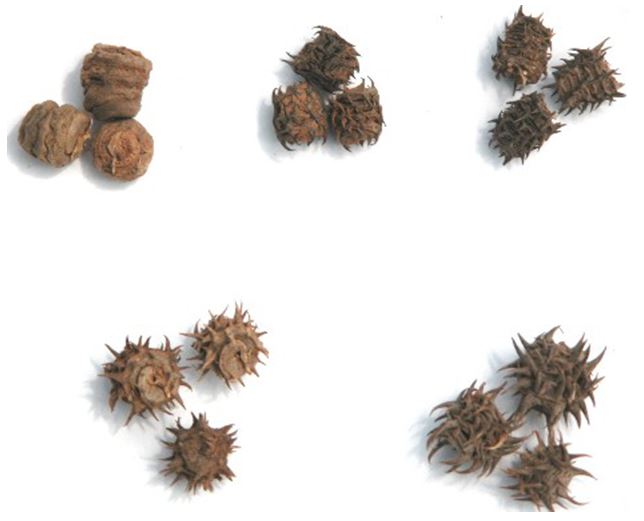
Pods (photo by Steve Hughes, PIRSA-SARDI, Adelaide, Australia).
